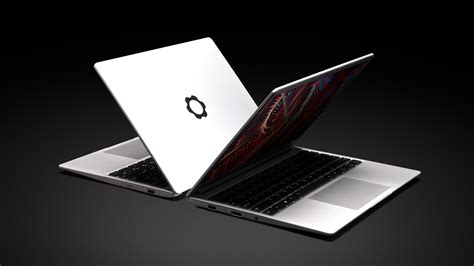Framework’s decision to expand its modular laptops to Denmark, Finland, and Sweden marks a significant milestone in its journey towards making computing more sustainable and accessible. While Norway’s absence from the inclusion list has left some puzzled, the excitement among users in the included countries is palpable. This development necessitates a closer look at not just the product’s strengths, but also its practical challenges, such as regional keyboard layouts and consumer laws.
**Keyboard layouts** play a substantial role in user experience, especially in regions with unique language requirements. Framework’s attention to these details is commendable but not without its quirks. For instance, as user ‘matsemann’ shares, a Swedish keyboard layout typically accommodates Norwegian and Danish requirements with minor adjustments, like mapping the \
,
}
). However, standardization within regions like Scandinavia raises questions about why Norway, despite its close linguistic ties, isn’t included in this release. This decision hints at complexities beyond mere logistics, potentially involving regulatory hurdles since Norway isn’t in the EU.
User ‘speedgoose’ points out that the mandatory five-year warranty rules in the EU might be daunting for companies. However, these stringent consumer protection laws ultimately benefit the buyer, ensuring longevity and accountability. Framework’s commitment to repairability aligns well with this ethos, presenting a win-win for both the company and its customers.
Another user’s experience, shared by \
Muromec
, illustrates a vital aspect of modular laptops: **repairability and longevity**. Although Muromec had to replace the fan twice over two years, the modular design made it manageable. This contrasts sharply with proprietary systems like Apple’s, where similar repairs could be prohibitively complex or expensive. Comments like ‘lordnacho’s underscore the perceived randomness in keyboard layouts, reflecting broader frustrations with regional variations that impact coding or daily use.
The comparison between Framework laptops and **old-school, robust** ThinkPads, highlighted by chx and echoed by others, showcases the enduring appeal of durable, repairable devices. The ThinkPads’
magnesium alloy structure frame” provided legendary durability, much like Framework’s modular approach aims to offer—an alternative to the increasingly widespread throwaway culture.
Users like ‘Tade0’ and ‘Encom’ delve deeper into the nuances of layout preferences, revealing a community that prioritizes functionality and ease of use for coding and everyday tasks. The shift from regional layouts to the US layout among some Scandinavian users for software development speaks volumes about the intersections between hardware usability and software ergonomics.
The conversation around **pricing** and **quality** also sees varied opinions. Comments from users like ‘phplovesong’ and ‘jillesvangurp’ reflect the premium nature of Framework laptops, comparing them to MacBooks and ThinkPads. The consensus seems to be that while Framework laptops may not yet match the premium feel of Macs, their build quality, ease of repair, and upgradeability offer substantial value, especially when considering the long-term cost of ownership.
Importantly, the impact of Framework laptops on the environment cannot be overstated. User \
omnimus
rightly points out the planned obsolescence of many modern devices. Framework bucks this trend by allowing users to upgrade or repair components gradually, spreading the cost over time. This model not only makes economic sense but also significantly reduces electronic waste, aligning with growing environmental concerns.
Support and **community involvement** are other significant talking points. Despite a few instances of unsatisfactory customer support, such as ‘mebassett’s’ unfortunate experience, many users appreciate the DIY nature and comprehensive guides Framework offers. The potential to create custom modules, as discussed by users like ‘kozinc’, showcases the flexibility and empowerment that this platform can provide to tech enthusiasts.
Looking forward, expanding to additional markets while maintaining high standards for accessibility, repairability, and consumer rights will be crucial for Framework. As seen from the user comments, there’s a strong, growing demand for sustainable, user-centric technology that doesn’t sacrifice quality for convenience. Framework’s journey in Denmark, Finland, and Sweden is thus not just a business expansion but a pioneering step towards a more responsible computing future.


Leave a Reply